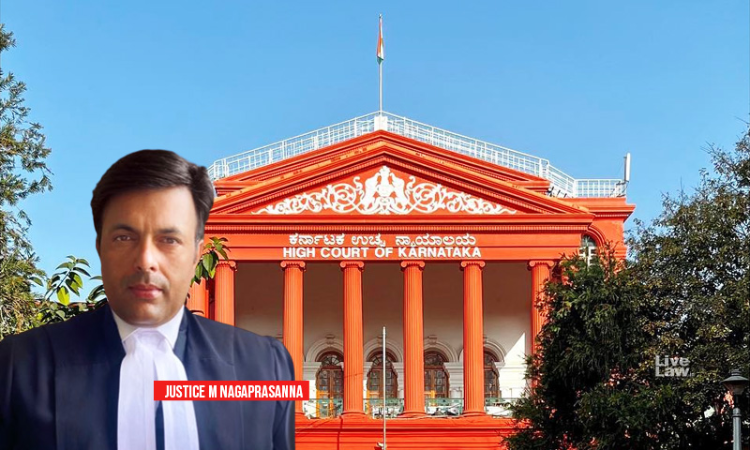Marital Rape Exception Regressive, Violates Article 14; Husband Not Ruler Of Wife's Body & Mind : Karnataka High Court
Mustafa Plumber
23 March 2022 7:09 PM IST

The Court held that husband raping his wife is amenable to the offence of rape under Section 376 IPC.
Next Story


